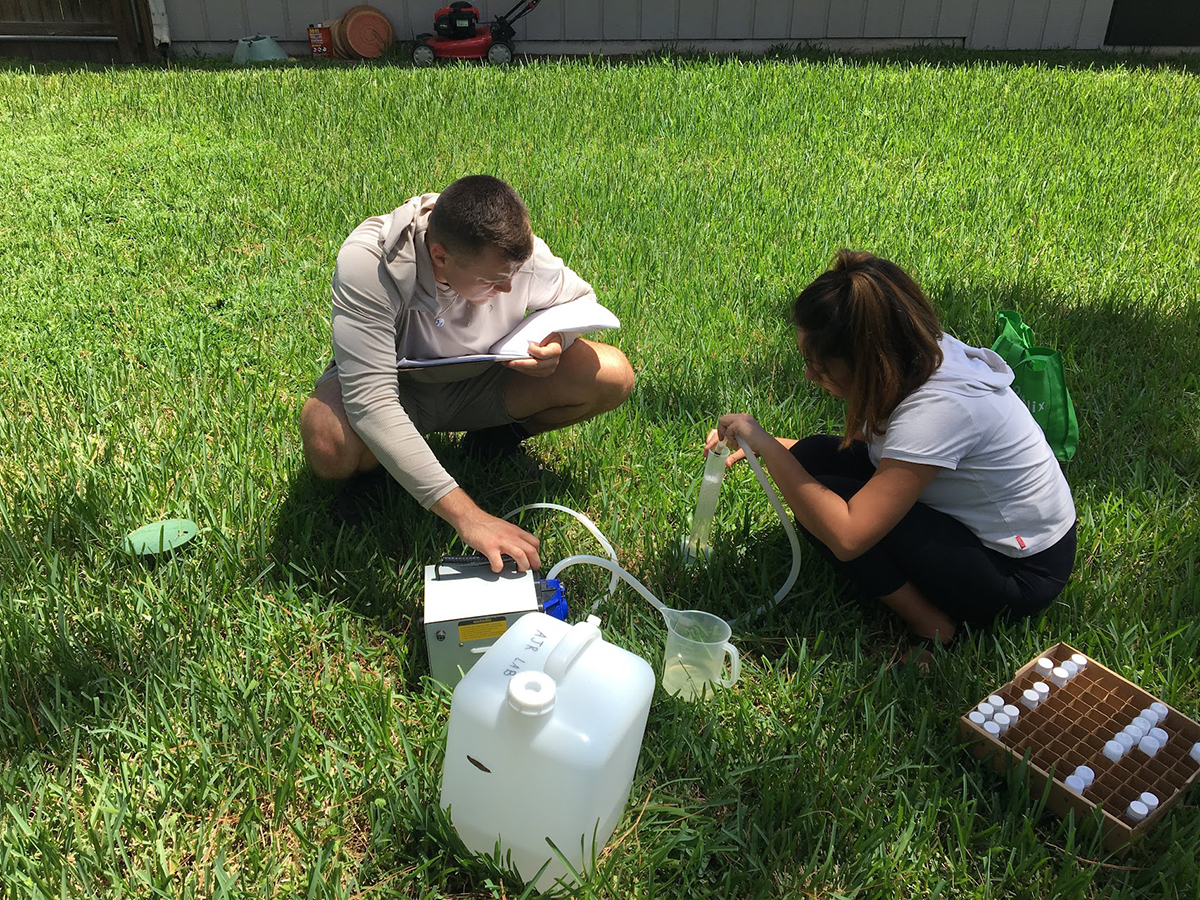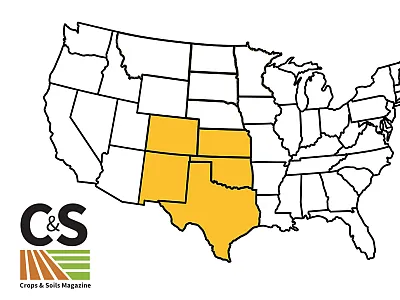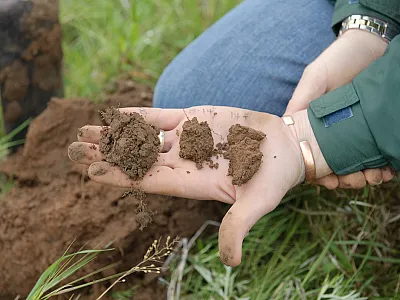How lawn care affects groundwater pollution

Fertilizing lawns is a common practice to keep residential landscapes green and healthy. However, the nutrients in fertilizers can seep into groundwater and contribute to pollution. This is especially concerning in places like north-central Florida, which has karst terrain, where the ground has many cracks and holes, allowing pollutants to seep quickly into the water supply.
To understand how different methods of lawn care affect nutrient leaching, researchers monitored various fertilizer treatments—synthetic, organic, compost-based, and no fertilizer—across residential lawns for a year and compared these lawns to natural areas. They found that all residential lawns leached significantly more nitrogen than natural areas, even those that received no fertilizer. Lawns treated with synthetic fertilizers released more than 80 times more nitrate than natural areas.
These findings highlight that while fertilizer use influences nutrient runoff, even unfertilized lawns can contribute to leaching. Implementing better lawn management strategies, such as using more organic fertilizers or compost-based products, could help protect water quality. Large-scale adoption of these practices could make a meaningful difference for protecting groundwater quality.
Dig deeper
Reisinger, A. J., Bean, E. Z., Clark, M., Levine, A. J., & Wilson, P. C. (2025). Fertilizer management approaches influence nutrient leaching from residential landscapes. Journal of Environmental Quality, 54, 289–302. https://doi.org/10.1002/jeq2.20657
Text © . The authors. CC BY-NC-ND 4.0. Except where otherwise noted, images are subject to copyright. Any reuse without express permission from the copyright owner is prohibited.









